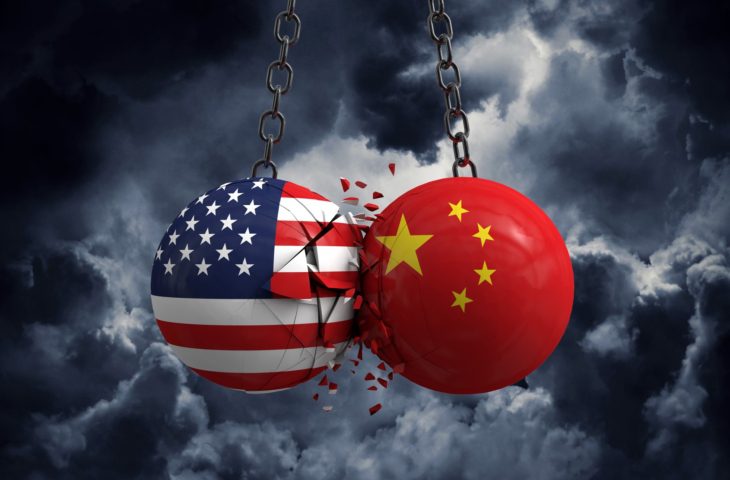The USA is tightening trade restrictions against China
- December 3, 2024
- 0
The US is introducing new restrictions against China. Several chip manufacturing components and tools are no longer allowed to be exported, and more than a hundred new Chinese
The US is introducing new restrictions against China. Several chip manufacturing components and tools are no longer allowed to be exported, and more than a hundred new Chinese

The US is introducing new restrictions against China. Several chip manufacturing components and tools are no longer allowed to be exported, and more than a hundred new Chinese companies are on the blacklist.
In the final days of his term in office, US President Biden is tightening trade restrictions with China. Bloomberg knows this. 27 new components and tools needed for chip production are subject to export restrictions. Then 140 Chinese companies will appear again Entity list Rightly so: This is an American trade blacklist.
The focus of this restriction package is, among other things, storage export. HBM2 may no longer be exported. This applies to both American companies and foreign companies that use American products in one way or another. In practice, almost all of the major players in the chip world have to play by American rules.
HBM2 memory, like other limited components, is used in high-end chips. The US mission is to slow down the development of such chips and associated (AI) technology in China as much as possible. The US fears that this technology could add value to the Chinese military and therefore wants to be at least a generation of technology ahead of its competitors.
There are exceptions to the rules. For example, Western companies are allowed to package HBM2 storage in China if the risk of the storage being diverted to domestic suppliers is low. In addition, the US imposes restrictions on countries that can impose similar restrictions themselves.
These include Japan and the Netherlands. ASML, manufacturer of the world’s most advanced lithography machines essential for chip production, is headquartered in Eindhoven. The US appears to be taking the lead on trade restrictions with the Netherlands, although it is exerting some pressure to ensure that these are enforced. Neither the Netherlands nor Japan have announced at this time that they will do so.
The trade war with China is primarily an American issue. Companies like ASML are losing secure access to the Chinese market due to American sanctions. Conversely, the supply chain of many Western products is heavily dependent on China and the country has sufficient resources to fight back with its own restrictions. Regardless of the US’s strategic goals, there are predominantly losers in the technological trade war.?
Source: IT Daily
As an experienced journalist and author, Mary has been reporting on the latest news and trends for over 5 years. With a passion for uncovering the stories behind the headlines, Mary has earned a reputation as a trusted voice in the world of journalism. Her writing style is insightful, engaging and thought-provoking, as she takes a deep dive into the most pressing issues of our time.